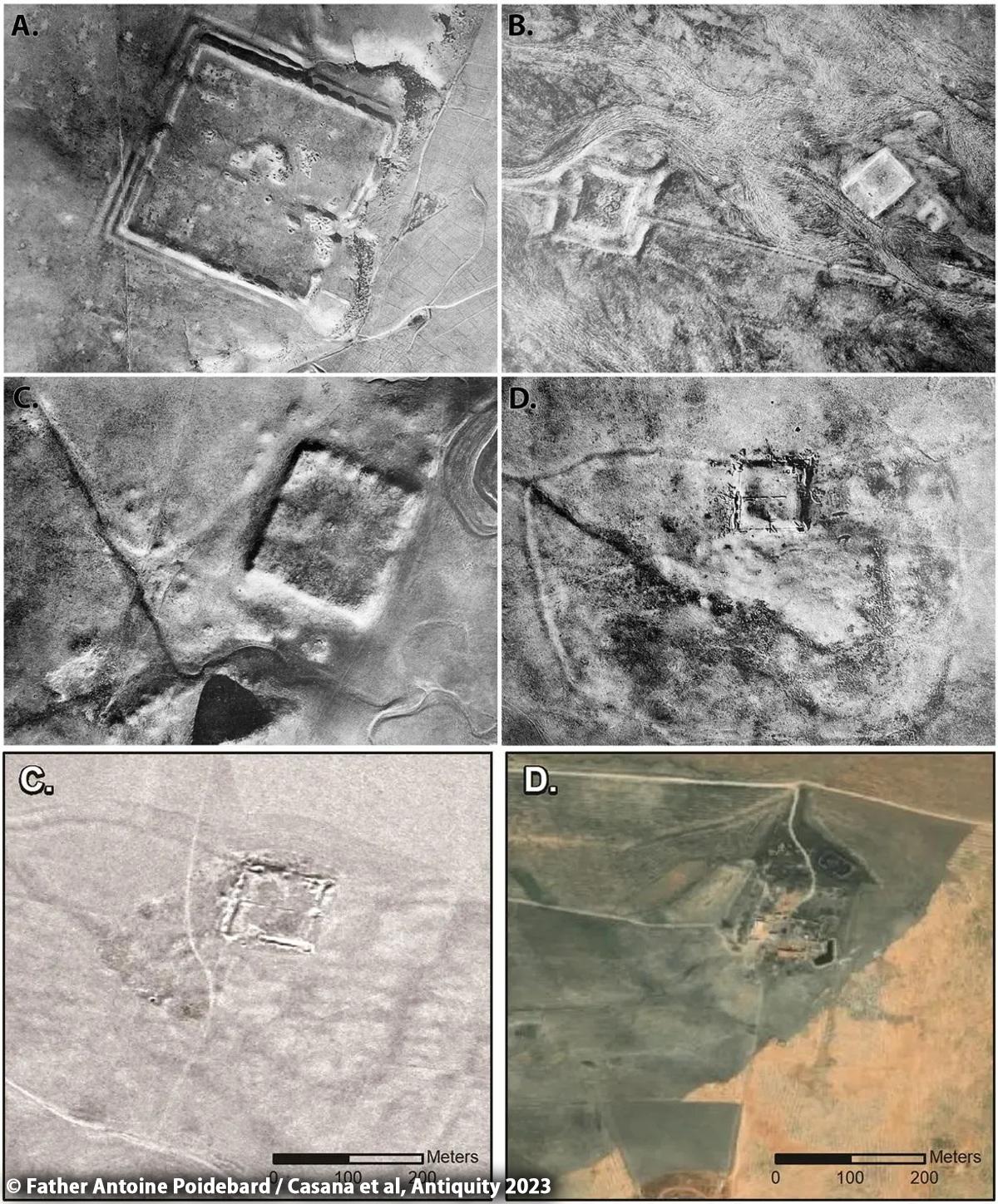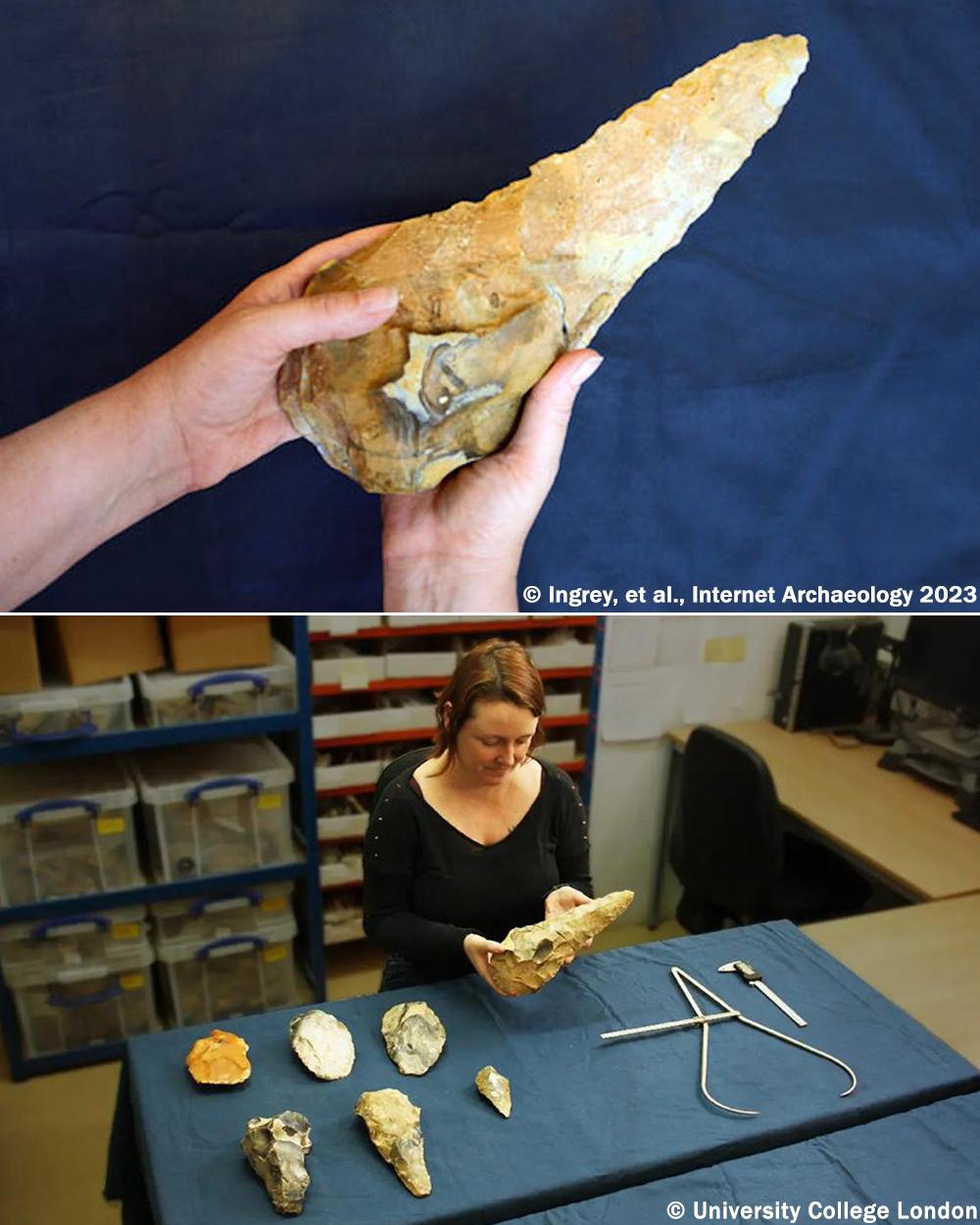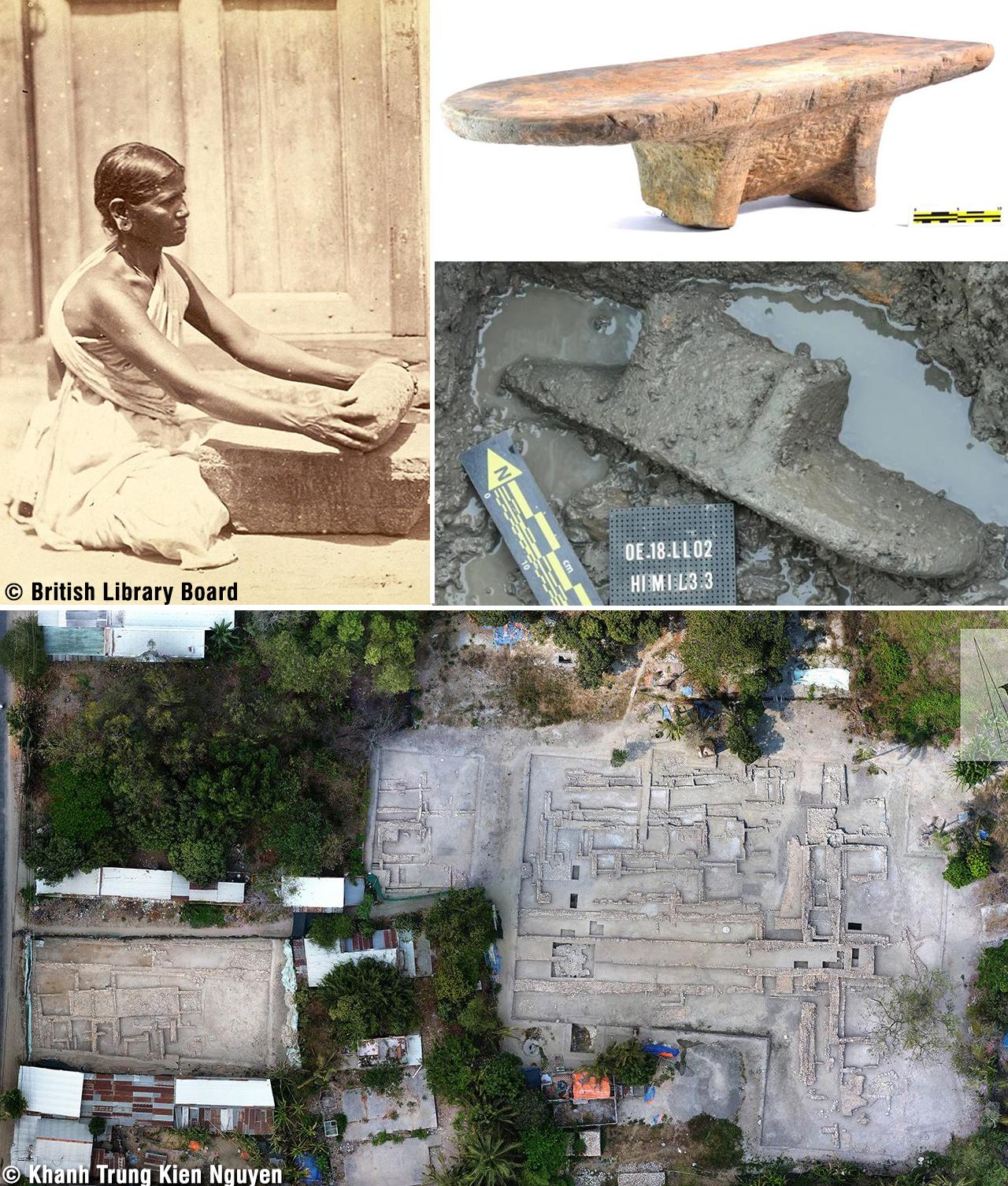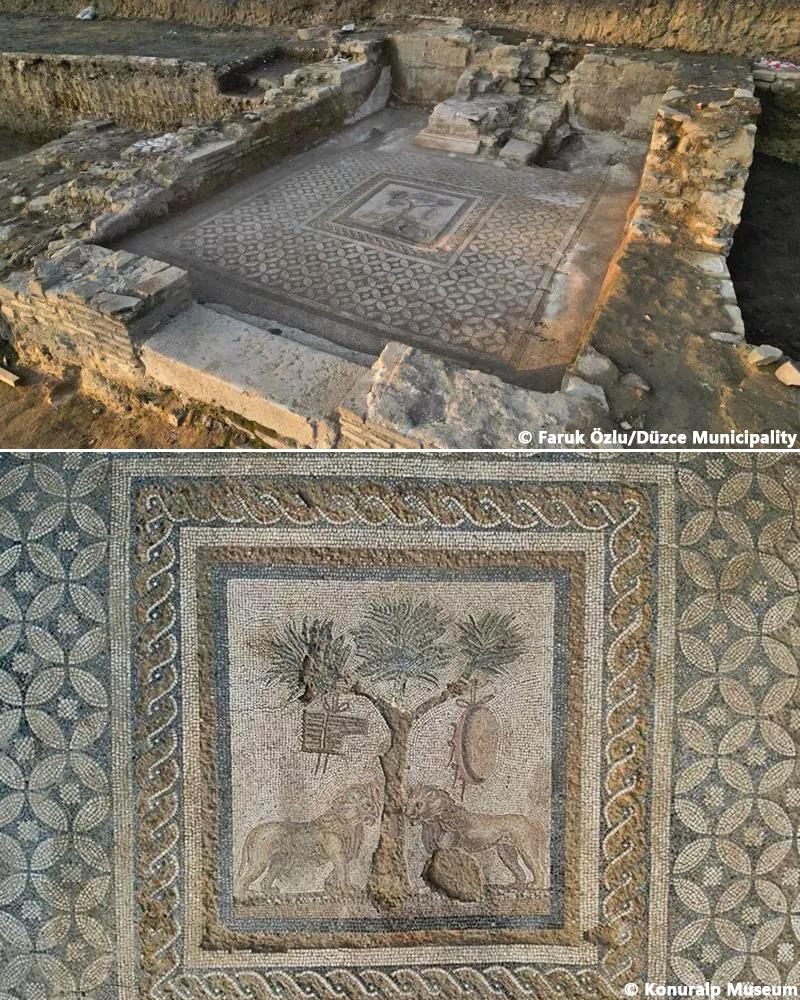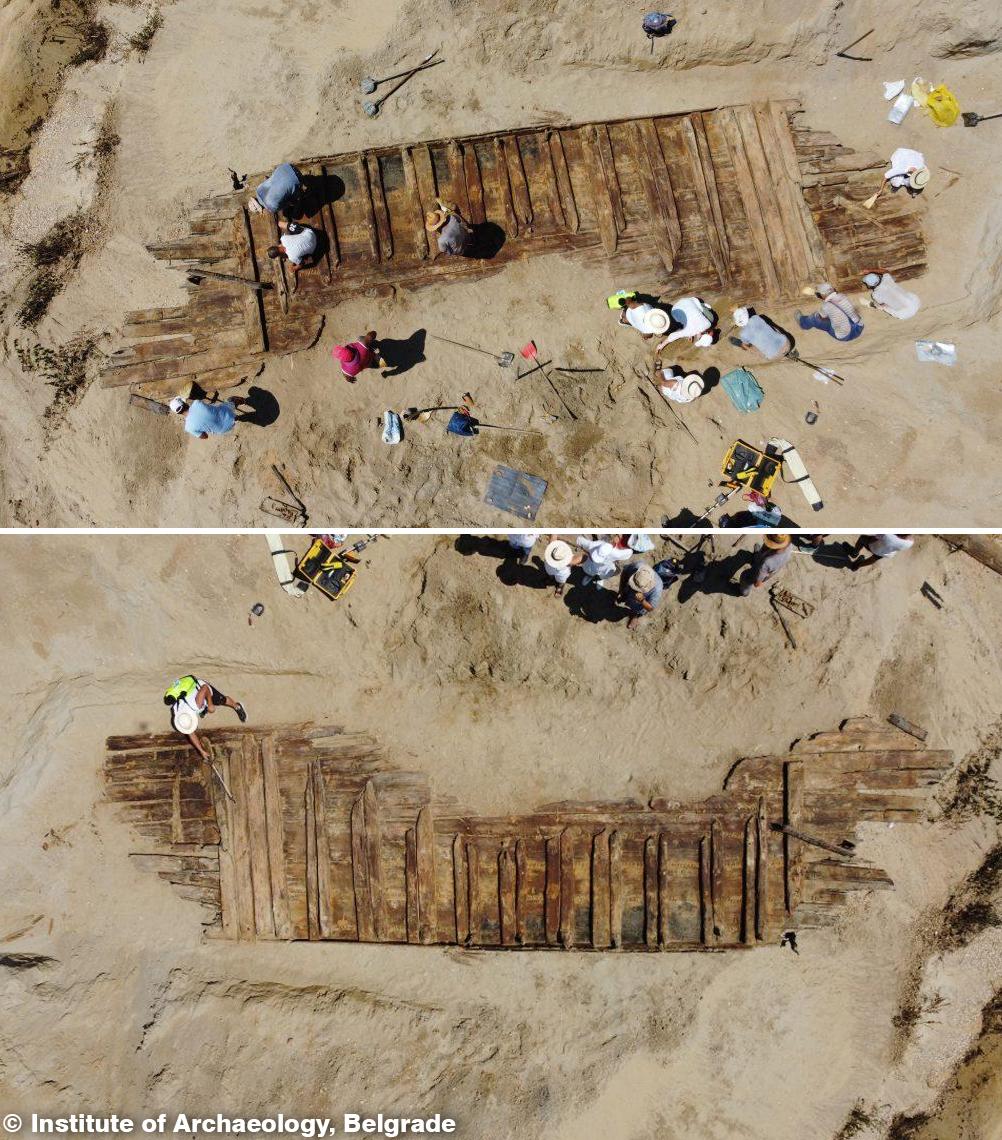In the heart of the ancient Greek city of Philippi, a remarkable discovery has emerged from the depths of time - a marble statue depicting the youthful Hercules. This awe-inspiring find offers a window into the mythic past of Greece, where legends of heroes and gods intertwined with the everyday lives of its inhabitants. As we delve into the significance of this unearthed treasure, let us journey back in time to explore the mythos and majesty surrounding the figure of Hercules, and the enduring legacy of ancient Greek civilization.
The Mythic Legacy of Hercules
Hercules, the legendary hero of Greek mythology, has captivated imaginations for millennia with his extraordinary feats and divine lineage. Son of Zeus, king of the gods, and the mortal woman Alcmene, Hercules was revered as a paragon of strength, courage, and resilience. His twelve labors, a series of seemingly insurmountable challenges imposed upon him by the gods, became the stuff of legend, immortalizing his status as a symbol of heroism and virtue. From slaying the Nemean Lion to capturing the Golden Hind, each labor showcased his indomitable spirit and unwavering determination in the face of adversity.

Unveiling the Youthful Hercules
The discovery of the marble statue in Philippi offers a unique portrayal of Hercules in his youth, a departure from the more common depictions of the hero in his mature form. Rendered in exquisite detail, the statue captures Hercules in a moment of youthful vigor and vitality, his features imbued with a sense of determination and resolve. Clad in the traditional attire of a hero, with the lion's skin draped over his shoulder and the club resting at his side, he stands as a timeless symbol of bravery and fortitude. As we behold this masterpiece of ancient artistry, we are reminded of the enduring allure of myth and the power of storytelling to transcend the boundaries of time and space.
Exploring the Archaeological Context
The discovery of the youthful Hercules statue in Philippi sheds light on the rich tapestry of history that unfolded within the ancient city walls. Founded in 360 BC by Philip II of Macedon, Philippi served as a strategic hub in the region, witnessing centuries of political upheaval, cultural exchange, and religious worship. The presence of such a statue in Philippi suggests the enduring reverence for Hercules and the role of myth in shaping the cultural identity of its inhabitants. Moreover, the meticulous craftsmanship and artistic skill exhibited in the statue attest to the flourishing artistic tradition of ancient Greece, where sculptors sought to immortalize the heroes and gods of myth in stone.

Ancient Discoveries
The unearthing of the youthful Hercules statue is but one example of the countless treasures that lie buried beneath the sands of time, waiting to be discovered and rediscovered by future generations. From the towering monuments of Egypt to the exquisite artifacts of Mesopotamia, each archaeological find offers a glimpse into the lives and legacies of our ancient ancestors. These discoveries not only enrich our understanding of the past but also inspire us to marvel at the ingenuity, creativity, and resilience of human civilization throughout the ages. As we continue to explore the mysteries of the ancient world, may we approach each discovery with a sense of wonder and reverence, honoring the enduring legacy of those who came before us.

In the marble visage of the youthful Hercules, we encounter more than a mere statue carved from stone. We discover a portal to the mythic realm of ancient Greece, where heroes and gods roamed the earth, and legends were born. As we marvel at this remarkable find unearthed in the ancient city of Philippi, let us not only celebrate the artistic achievement of its creators but also reflect on the timeless truths and enduring mysteries that continue to shape our understanding of the past. In the words of the poet Hesiod, "Great is the glory of mighty Hercules," and in the discovery of this statue, his glory lives on, inspiring us to seek out the wonders of our shared human heritage.


